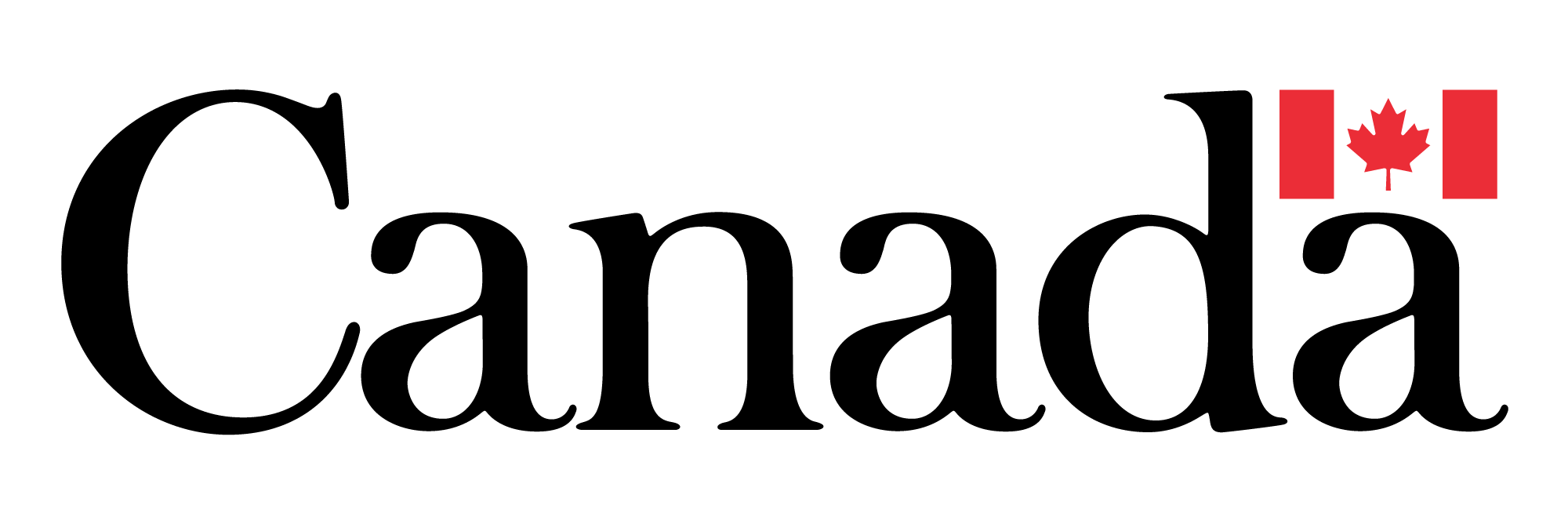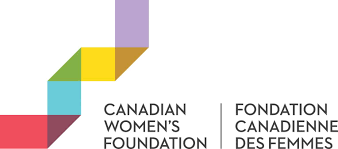
The Northwestern Ontario Women’s Centre (NOWC) was founded in the spring of 1973, following an event called the Northern Women’s Conference organized by local women’s consciousness-raising groups. Over the years, countless projects, initiatives and organizations have emerged as a result of women organizing together through the auspices of the Centre.
VISION
A safe and inclusive community where self-identified women are empowered and fully engaged.
MISSION
The Centre works with self-identified women to increase their access to knowledge, skills, and resources so they can make informed and strategic choices. The Centre also advocates for systemic change to public policies and practices that impact their lives.
VALUES
Equality Inclusivity Intersectionality Reconciliation Reciprocity Relationality Respect Responsibility
NOWC follows the Ontario Human Rights Code definition of gender identity. In our policies and communications, we attempt to use inclusive language and invite the participation of trans and non-binary people.
INTRODUCTION
What we do: Northwestern Ontario Women’s Centre provides frontline advocacy, support and information to local and regional women experiencing violence, poverty, human rights concerns or problems with legal (family, criminal) or administrative systems. We provide public education and training on these issues to women, the public and community organizations. We also partner with others to raise awareness of inequalities and oppression and work to change the intersecting systems that impact women’s lives.
How we make a difference: We often either the first contact or last resort for women experiencing violence. We help women move from crisis to stability – we direct and support them to navigate and access other services such as high-risk teams, shelters, income support, counselling, and legal and human rights services. We work towards the prevention of gender-based violence as well as economic justice and food security by engaging women, local organizations and the public in education, programming and systemic advocacy.
Who we serve: We serve self-identified women, trans and non-binary people of all ages, ethnicities, cultures, abilities, orientations, citizenship status and income levels from Thunder Bay and Region. A high proportion of women requesting our services identify as low-income, survivors of violence, sole support mothers and/or Indigenous people, and statistics validates these trends. Stakeholder consultations also identified an emerging need for support among newcomer women, youth and young women, and survivors of trafficking.
Learn more about our contributions from the perspectives of individuals and organizations connected to the NOWC by exploring the Northwestern Ontario Women’s Centre Impact Report: A Retrospective of the Difference the Centre Makes in the Lives of Women and the Community prepared by Consultant Anne Ostrom as part of our 2022 strategic planning process.
LAND ACKNOWLEDGEMENT & RECONCILIATION
We acknowledge that the Northwestern Ontario Women’s Centre and all our programs are situated and held on the traditional land of the Anishinabek People, and the specific territory of Fort William First Nation–as a signatory to the Robinson Superior Treaty of 1850. We name this particular agreement as a way to establish the place and the relationships we are committed to honour as inhabitants of this territory. An acknowledgement of injustice does not absolve us from the responsibility of caring for the land, creating respectful relationships, or restoring the power and authority to those who have always understood this as a sacred duty. As an organization created by settlers, restoring trust, repairing relationships, and creating real forms of reciprocity is the duty to which we must devote ourselves.
Our work at the Centre shows us every day that the negative forces of colonialism are still creating harm, and that there are always many survivors of sexist, racist and colonial violence wherever we do this work. We try to choose our words carefully to recognize and validate these traumatic experiences; value the knowledge and expertise of Indigenous people; learn from and with all the women we come to know; and shape our actions to resist the ongoing violence against Indigenous people and others in our community and across this country.
We are committed to accountable anti-racism, to listening and learning from people who are the experts of their own experiences; and we remain committed to directing our privilege and power toward an equitable future. The Centre will continue to acknowledge the expertise of Indigenous women and engage them as experts in the Centre’s programming, services and advocacy; and respectfully support and amplify the work of Indigenous and other equality-seeking organizations.
Recommendations from the Truth and Reconciliation Commission and the Missing and Murdered Indigenous Women’s and Girls Inquiry Report “Reclaiming Power and Place” have informed our strategic plan, and we hope that they have been effectively integrated into our strategic priorities. We use the terms Reconciliation and Decolonization with the understanding that they require action and engagement in a dynamic process to create change.
We gratefully acknowledge the support of volunteers, donors, and the Investing in Women’s Future Program of the Ontario Ministry of Children, Community and Social Services, Women and Gender Equality (WAGE) Canada, Canadian Women’s Foundation, and the Johnson Scholarship Foundation.
View our most recent Annual Report here and our current brochure here.




